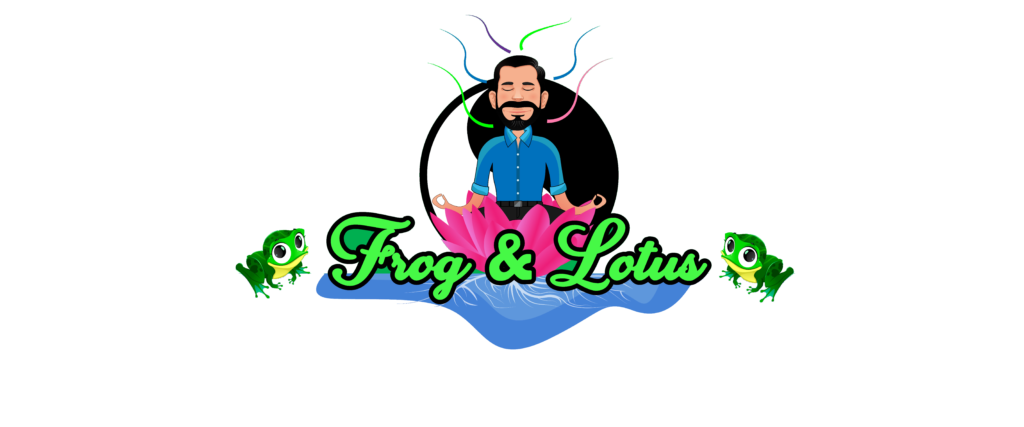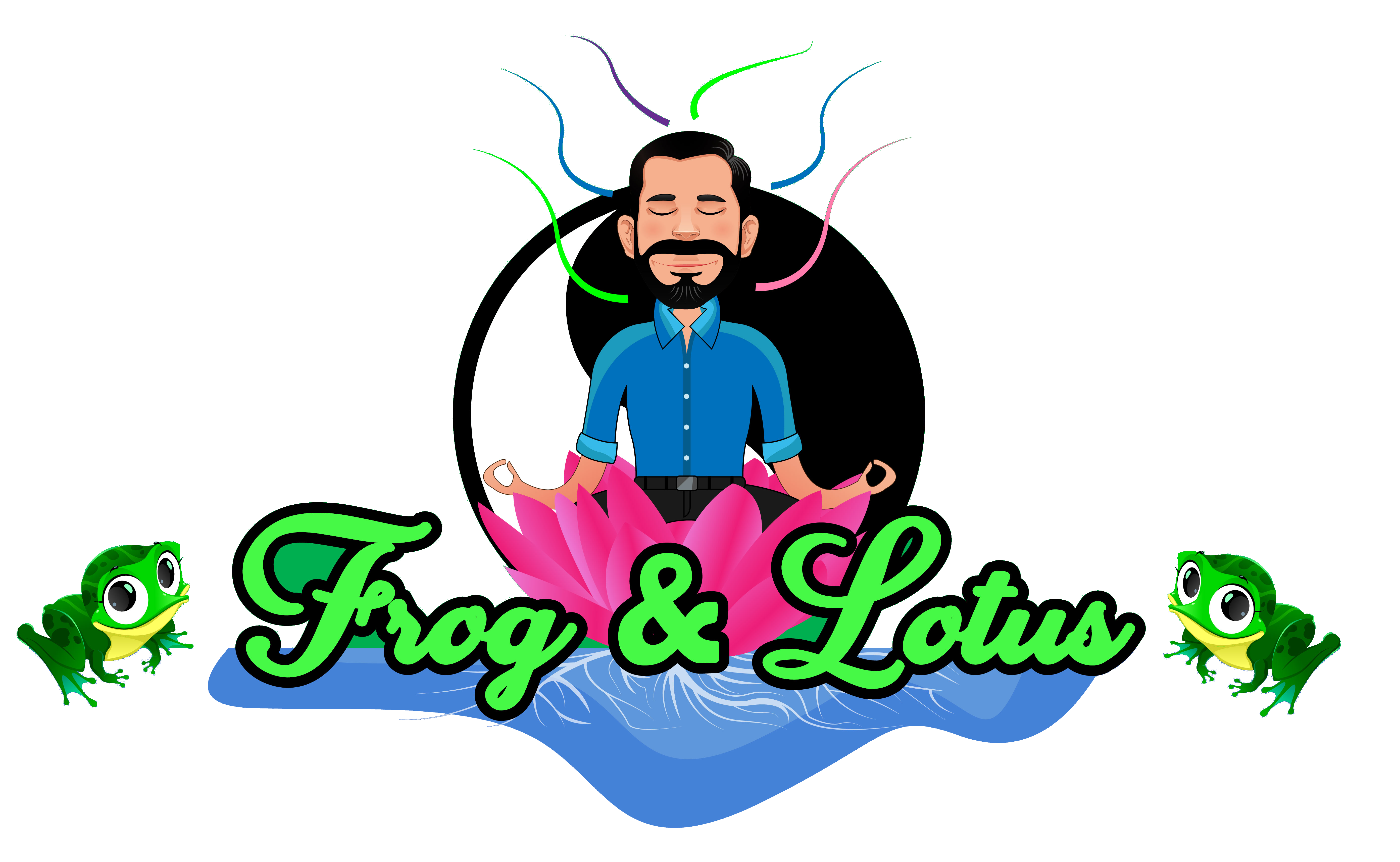Written in 2008, the book Tribal Leadership by Dave Logan, John King, and Halee Fischer-Wright expands the concept of the hero’s journey to organizations. It’s one of the best books I’ve read for creating a simple strategy to provide vision and direction for an organization. I originally read it years ago, as I was building my team, to help us develop our culture.
Oxford Languages, via Google search, defines culture as, “the arts and other manifestations of human intellectual achievement regarded collectively.” In other words, culture is an inherent part of collective consciousness. The opening sentence of Tribal Leadership is, “Every organization is really a set of small towns.” Organizations are tribes or groups of tribes. Tribes have a collective consciousness and culture is a result.
In the early part of the book, the authors explain five stages of an organization’s cultural development which include:
Stage One – “Life sucks!” At this stage, the world is viewed as harsh and hopeless. These organizations don’t last, they implode.
Stage Two – “My life sucks.” Here the people are apathetic, cynical and judgmental. It’s an improvement from Stage One, for sure, but still void of joy. The authors use the TV show, The Office, as a great example of this type of environment.
Stage Three – “I’m great, (and you’re not).” This is a marked improvement from Stage Two. Here the dominant vibe is that of pride. Competition among members of a group is certainly a proven way to yield results, at least in the near term. Sadly, the first thing that comes to mind for me in this type of workplace is Leonardo DiCaprio’s office in The Wolf of Wall Street.
Stage Four – “We’re great.” From this cultural standpoint, the organization has moved past individual pride and competition to a synergistic quest to achieve more together. There is still pride, but it is a pride for the team. Have you ever heard it said there is no “I” in the word team?
Stage Five – “Life is great!” Here the book says culture, “revolves around infinite potential and how the group is going to make history – not to beat a competitor, but because doing so will make a global impact.” The authors note the team that created the MacIntosh computer at Apple was at Stage Five. (There is a synchronicity in referencing the company that was led and founded by Guru Steve Jobs who we just discussed a few days ago.) Unfortunately, only a small percentage of companies operate at this level and the vibe is usually short lived.
There is much similarity between this five step cultural evolution of an organization and the Hawkins’ map of consciousness we discussed yesterday. We can very easily map the Tribal Leadership stages to the Power vs Force states of consciousness:
“Life sucks” = shame, guilt, apathy
“My life sucks” = grief, fear, desire, anger
“I’m great” = pride with seeds of courage
“We’re great” = most of the early, strong states of consciousness including willingness, acceptance, reason, love
“Life is great” = joy, peace, enlightenment
We can also connect these dots from Tribal Leadership and Power vs. Force to Maslow’s Hierarchy of Needs and Joseph Campbell’s Hero’s Journey. These teachings all point to the same destination.
As we discussed yesterday, there is a sequence to the Hero’s Journey. Tribal Leadership suggests that an organization must pass through all of the stages in sequence and can’t jump ahead. A group of people cannot form a spirit of “We’re great” without first learning to establish individual self confidence in the “I’m great” stage. In order to find ourselves in the blissful state of “Life is great,” we must first do the work to pass through the other stages.
The good news is that if you find that “life sucks or my life sucks” you can rest more assuredly that you are simply just on that part of the journey that we all must take. Greatness lies ahead; you just have to keeping moving forward along the path.
Photo by Pawan Sharma on Unsplash


